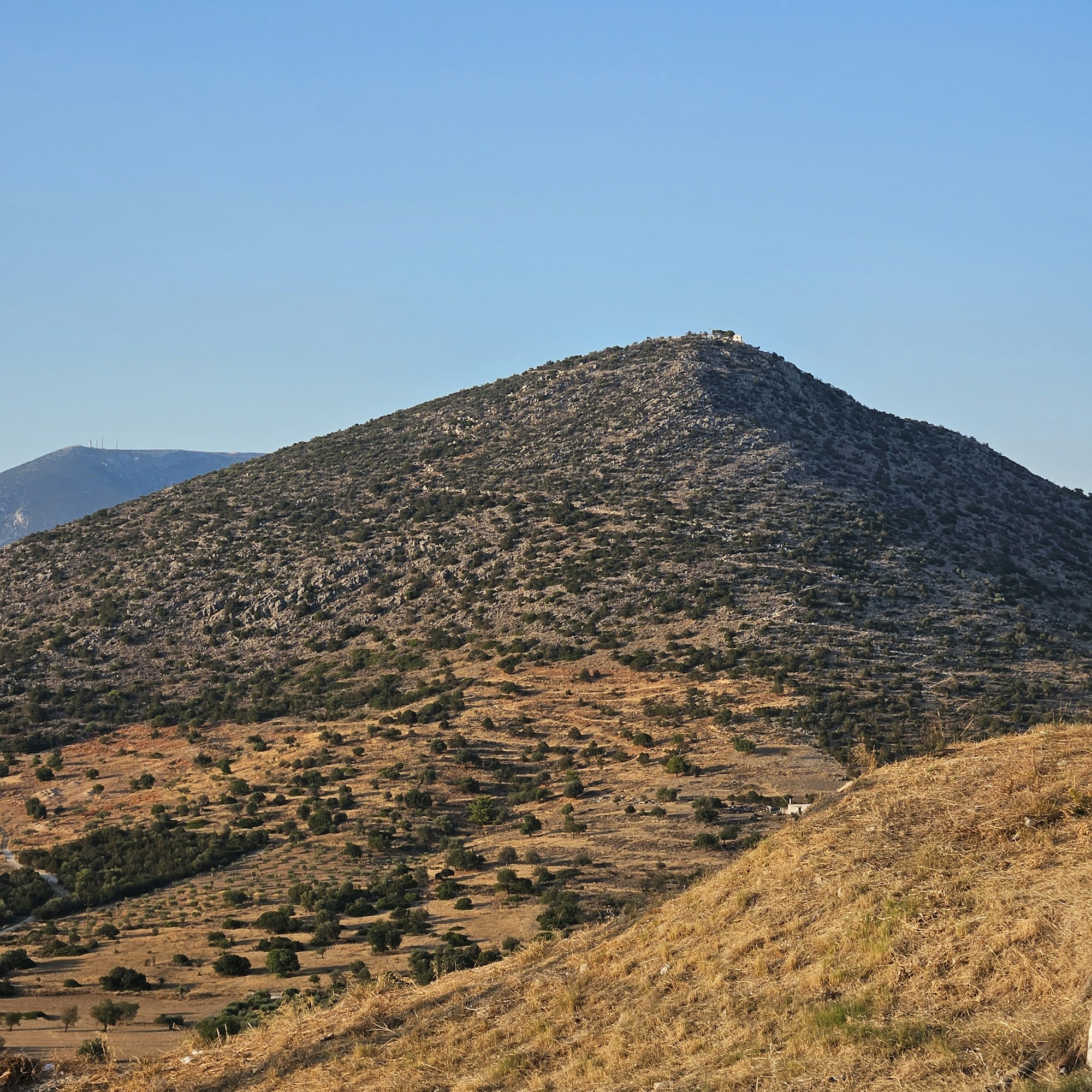Kranidi: Explore Local History, Culture, and Festivals Guide
Discover Kranidi's rich history, vibrant culture, and lively festivals in this comprehensive local guide.

Explore Kranidi: A Guide to Local History, Culture, and Festivals
Introduction
Located in the northeastern part of the Argolis peninsula in Greece, Kranidi is a quaint town that offers a unique blend of history, culture, and charm. With its picturesque landscapes and azure waters, Kranidi is a hidden gem ideal for travelers seeking an authentic Greek experience. This guide delves into the local history, rich cultural practices, vibrant festivals, and intriguing local anecdotes about this captivating town.
Historical Context
Kranidi's history traces back to ancient times, heavily influenced by its geographical location. Historically, it has been a significant settlement and has seen the influence of various civilizations, including the Mycenaeans and Venetians.
Ancient Era
During the Mycenaean period, Kranidi was part of the prosperous Mycenaean civilization. Though archaeological finds from this era are scarce, the region's strategic importance is evident.
Byzantine and Venetian Periods
The Byzantine era saw the construction of monasteries and fortifications, remnants of which can still be seen today. Kranidi gained further prominence during the Venetian period as a center of trade and naval power.
Cultural Practices
Architecture
The architecture in Kranidi is a charming blend of traditional Greek and Neoclassical styles. Whitewashed houses with colorful doors, narrow winding streets, and beautiful courtyards are common sights.
Local Craftsmanship
Kranidi is renowned for its pottery and hand-woven carpets. Local artisans have passed down these crafts through generations, making these items coveted souvenirs for visitors.
Traditional Cuisine
The cuisine in Kranidi is heavily influenced by the sea and the fertile land surrounding the region. Key dishes include:
- Saganaki: Fried cheese often served as an appetizer.
- Briam: A medley of baked vegetables.
- Fresh Seafood: Including locally caught fish, octopus, and calamari.
Festivals
Festivals in Kranidi are a vital part of its cultural identity. These events are filled with music, dance, and traditional customs.
Saint Dimitrios Festival
Celebrated on October 26th, this is one of the most important religious festivals in Kranidi. The day is marked by a church service at the Saint Dimitrios Church, followed by processions through the town. Locals and visitors alike participate in the communal feast that includes traditional dishes and wine.
Carnival
The Carnival, or "Apokries," is a colorful and lively event held before Lent. It features parades, masquerade balls, and street performances. Local schools and community groups often spend months preparing elaborate costumes and floats.
Fishermen's Festival
This festival, held in summer, celebrates the town's maritime heritage. The event includes a boat parade, fishing competitions, and seafood feasts. It's a beautiful showcase of the community's relationship with the sea.
Local Anecdotes and Interesting Facts
Kranidi is not just about historical facts and cultural practices; it's also full of fascinating stories and trivia.
The Legend of the Hidden Treasure
One local legend speaks of a hidden treasure buried somewhere in the hills surrounding Kranidi. According to the tale, it was hidden by pirates and remains undiscovered to this day, sparking the imaginations of many treasure hunters.
Famous Residents
Kranidi is proud to be the birthplace of several notable figures, such as:
- Ioannis Kapodistrias: The first Governor of independent Greece.
- Pavlos Kountouriotis: A distinguished admiral and former President of Greece.
Conclusion
From its rich history and vibrant culture to its unique festivals and local anecdotes, Kranidi offers a truly immersive and unforgettable experience. Whether you're wandering its ancient streets, participating in a local festival, or simply relaxing with a plate of fresh seafood, Kranidi invites you to explore and enjoy the very best of authentic Greek life.
